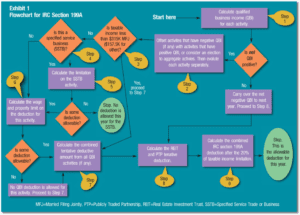Corporate Housekeeping
As we turn our attention to back to school sales, last summer vacays, finishing up our trashy beach novels and start shifting towards the fall, it’s a good time to take a minute and do some general housekeeping. Face it – it will be the holidays before you know it!
GovCons, you are in the lull between the storm – proposals are submitted, awards are forthcoming but not here yet. It’s a great time to catch up on some of the mundane, but necessary parts of doing business. It’s boring, and always gets pushed to the back burner as more revenue-generating opportunities come in. But ignore these at your peril – they always come back to haunt you at tax time, during a transaction or with any litigation.
We’re kind of like sour patch kids, here at BOOST. Now that we’ve given you a bit of a gut punch, here’s a quick checklist to keep you sane:
1. Org Chart
When was the last time you actually updated it? Do it now before you onboard all the new contract wins. This way it’s readily available. Now might also be time to consider if folks are really in the right positions/titles.
2. Articles of Incorporation
Time to dust it off and make sure it’s still legit and up to date.
3. Board meeting minutes
For privately held companies, this can feel like an administrative task you don’t want to do. Remember that these board meeting minutes come in handy when you are looking toward a sale, are in litigation/disputes and are just plain good practice.
4. Tax Filings
Given all the changes, are you structured the way you should be? If your uncle is still providing all of your advice, it might be time to get a second opinion. Are you maximizing your tax status for your long-term strategy?
5. State filings
We always forget that when we add new employees in new states, we suddenly must start filing taxes. Be proactive about registering and don’t let it be a nasty surprise year in arrears.
6. Insurance
When was the last time you sat down and went through what you are covered for and where you might have gaps? I absolutely HATE this practice but make myself (and another person to get a different perspective) sit in the excruciating meeting and review everything. Line by freaking line. It’s horrible, my broker hates us, but we’ve discovered multiple things that weren’t covered or that we didn’t need to pay for. It’s worth the investment of time (and sanity) once a year to know your risks.
If you need help with anything, we’re happy to give you our advice or introduce you to others that have that specialty. Don’t slack off as we head towards the fall. It will only come back to haunt you when you least expect it (or have time to deal with it!).







